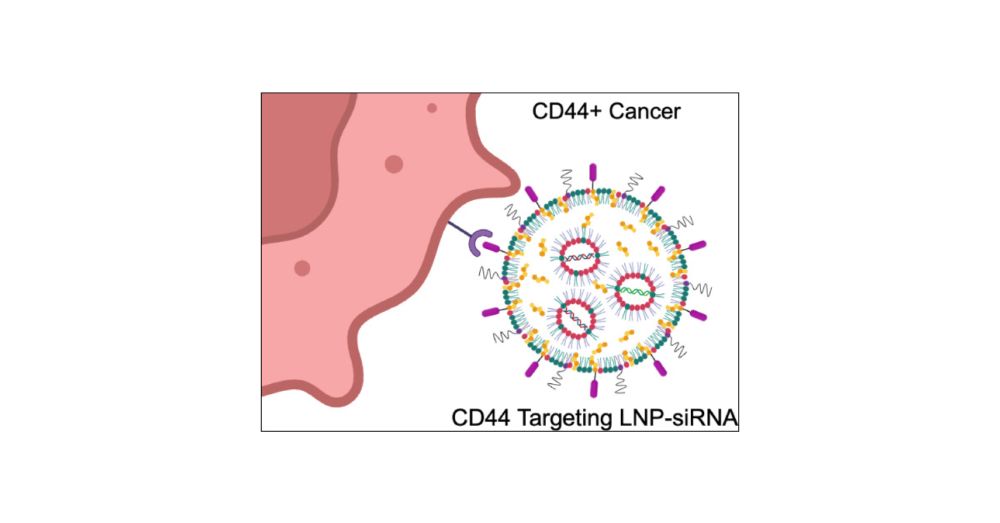



We are thrilled to share our latest findings on the role of CRIPTO in prostate cancer progression. Our study has demonstrated that increased CRIPTO expression is linked with clinical and PSA progression in human prostate tissues.
doi.org/10.1038/s413...

We are thrilled to share our latest findings on the role of CRIPTO in prostate cancer progression. Our study has demonstrated that increased CRIPTO expression is linked with clinical and PSA progression in human prostate tissues.
doi.org/10.1038/s413...

